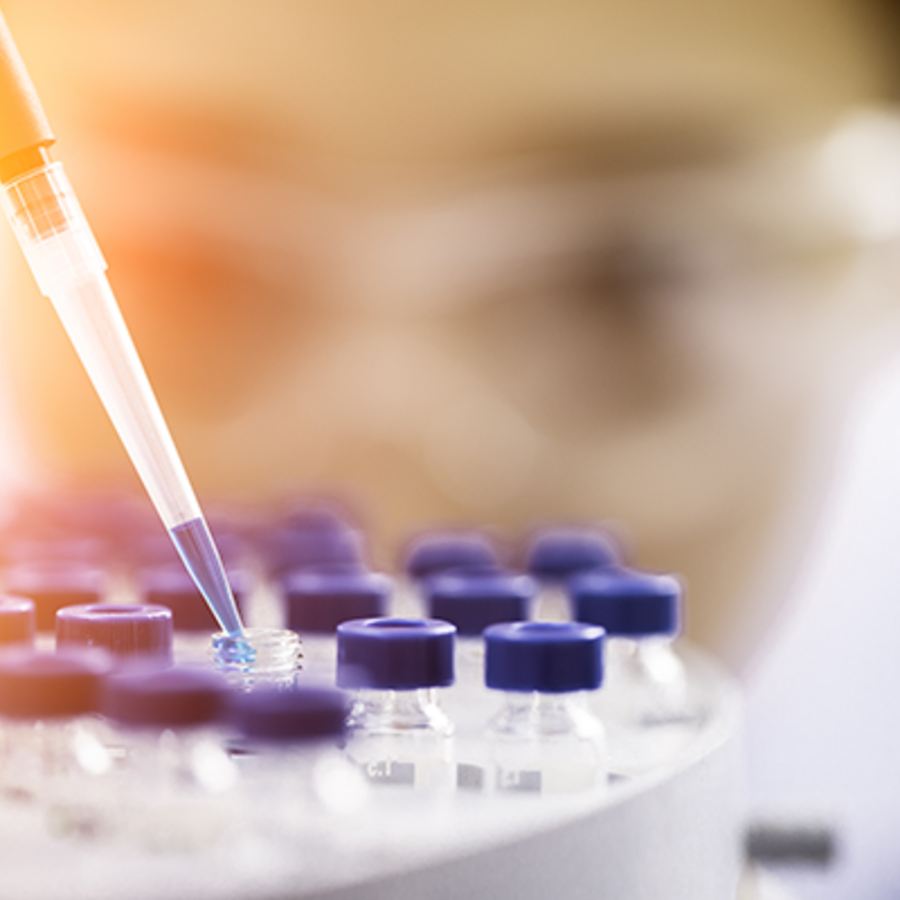Releases
WADA investigates potential integrity issue with new generation BEREG-KIT Geneva security bottles

The World Anti-Doping Agency (WADA) has initiated an investigation into a potential integrity issue with the new generation BEREG-KIT Geneva security bottles and will recommend appropriate measures, if needed, in order to maintain the integrity of the doping control process.
On 19 January, WADA was informed by the WADA-accredited laboratory in Cologne, Germany, that security bottles of the new generation ‘BEREG-KIT Geneva’, introduced in September 2017 by Swiss manufacturer Berlinger Special AG (Berlinger), may potentially be susceptible to manual opening ‘upon freezing’ of a sample. Security collection equipment, which includes A and B security bottles, are purchased by Anti-Doping Organizations (ADOs) – i.e. International Federations, National and Regional Anti-Doping Organizations and Major Event Organizers – to collect, transport and store urine and blood samples for athletes’ doping controls.
When an athlete is selected for doping control, they provide a urine and/or blood sample. The sample is then divided into two A and B security bottles; and, both bottles are securely sealed by the athlete and then checked by the Doping Control Officer before being transported to a WADA-accredited laboratory for analysis and further storage. Generally, the B sample is frozen and only analyzed if the A sample has been found to contain a prohibited substance. Athletes have the opportunity to be present at the re-analysis of a B sample.
Upon being informed of the potential integrity issue by the Cologne laboratory, WADA immediately reached out to the laboratory and Berlinger to ascertain the facts; and, to ensure that immediate action was being taken by Berlinger to robustly test and verify the BEREG-KIT Geneva to ensure its integrity.
On 27 January, Berlinger advised WADA that, acting on the protocol received from the Cologne laboratory, they carried out tests on the BEREG-KIT Geneva and were unable to replicate the issue when the security bottles were handled per the product’s instructions for use.
WADA is following up with the Cologne Laboratory and Berlinger to further clarify the testing protocols that have been undertaken to date.
WADA acknowledges that this situation, if confirmed, will raise concerns and questions. We wish to reassure athletes and other stakeholders that WADA is resolutely committed to following up with Berlinger until the matter is resolved; and that, we will keep stakeholders apprised as the situation evolves.
It should be noted that Berlinger, along with other manufacturers of security bottles are responsible for the development, testing, distribution and monitoring of the equipment they produce and provide to clients. It is up to each ADO to decide which sample collection equipment they use provided they meet the requirements of Article 6.3.4 of the International Standard for Testing and Investigations (ISTI), which states that:
The Sample Collection Authority shall only use Sample Collection Equipment systems which, at a minimum:
- Have a unique numbering system incorporated into all bottles, containers, tubes or other items used to seal the Sample;
- Have a sealing system that is tamper-evident;
- Ensure the identity of the Athlete is not evident from the equipment itself; and
- Ensure that all equipment is clean and sealed prior to use by the Athlete.

